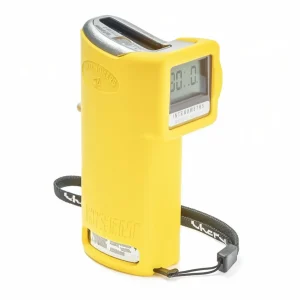North Carolina drivers who are suspected of impaired driving may undergo two main types of breath or alcohol tests: a preliminary  screening at the roadside and an evidentiary test under the state’s implied consent laws. These procedures are guided by statutes like G.S. 20-16.2, which defines the expectations placed on a driver once probable cause is established. Although both tests relate to detecting alcohol, they serve different functions and carry different legal consequences.
screening at the roadside and an evidentiary test under the state’s implied consent laws. These procedures are guided by statutes like G.S. 20-16.2, which defines the expectations placed on a driver once probable cause is established. Although both tests relate to detecting alcohol, they serve different functions and carry different legal consequences.
This article explains the difference between a quick roadside test (like a PBT) and the more detailed evidentiary procedure (commonly an Intoximeter EC/IR II test), as well as the implications of refusing to cooperate at either stage. If you want to discuss an implied consent issue or need guidance on a DWI charge Mecklenburg, Union or Iredell County NC, please call or TEXT the Powers Law Firm at 704-342-4357, or email Bill Powers at Bill@CarolinaAttorneys.com. A thorough understanding of North Carolina law can clarify how your case might proceed if you encounter allegations of driving while impaired.
 Carolina Criminal Defense & DUI Lawyer Updates
Carolina Criminal Defense & DUI Lawyer Updates circumstances, raise doubt about whether a reported BAC reflects the true breath alcohol content.
circumstances, raise doubt about whether a reported BAC reflects the true breath alcohol content.